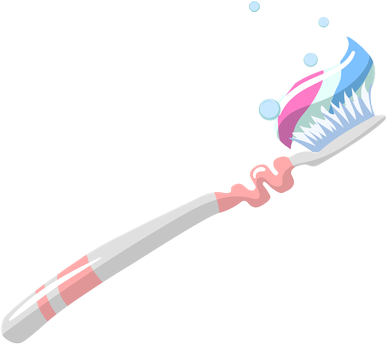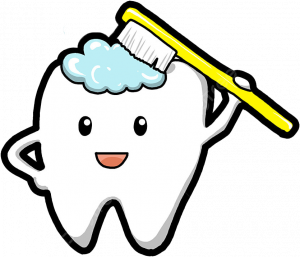 Bloomsburg, Danville, and Lewisburg, PA
Bloomsburg, Danville, and Lewisburg, PA
If you want to improve your overall health, it often starts by changing your diet. Many people in recent years have been adhering to the ketogenic diet, which emphasizes low-carb, high fat, and moderate protein foods. Individuals who stick to the keto diet have reported improvements in metabolism and brain function, along with decreases in inflammation and other beneficial results. One other often-reported consequence of the keto diet is not so desirable—halitosis or chronic bad breath!
Shortly after starting a keto diet or other type of low-carb diet, many people experience a persistent bad taste in their mouth or bad-smelling breath. There are two main causes of this: ketones and over-consumption of protein.
Ketone compounds are produced when your body starts to burn fat rather than carbohydrates, as a fuel source. This increased burning of fat is one of the major objectives of any low-carb diet. One particular type of ketone, known as acetone, is released in your breath and often leads to a fruity, bad-smelling aroma. To find out if ketones are causing your bad breath, you can purchase a breath meter called a Ketonix, which will determine if you are exhaling large quantities of acetone; or you can go off the keto diet and see if your bad breath starts to diminish.
Many people who are seeking to maintain a keto diet eat too much protein. This is a mistake. Not only does excessive amounts of protein hinder the ability of the body to enter a state of ketosis—where it burns fat as its primary fuel source—your digestive system can struggle to break down such high quantities of protein. Consuming too much protein also releases ammonia, which can lead to very foul-smelling breath. To properly adhere to a keto diet, your consumption of protein only should represent 10 to 25 percent of your total caloric intake.
There are measures you can take to improve your breath. First, stay hydrated. Saliva works as a regulatory fluid in your mouth, maintaining a bacterial balance and minimizing bad breath. Breathing properly—with shallow breaths through the nose, rather than through the mouth—also will decrease your halitosis.
Next, consider adding some natural herbs to your diet by using them to flavor your snacks. Rosemary, fennel seeds, cinnamon, parsley, clove, and mint all will improve your breath and make snacking a bit more exciting.
Finally, your best defense against bad breath is a thorough regimen of oral hygiene. Brush your teeth twice a day, floss daily, and consider investing in a tongue scraper to remove the accumulation of bacteria from your tongue. Lastly, be sure to visit your Bloomsburg dentist every six months for a professional cleaning.
Bad breath can mean much more than a turn-off to those around you. Persistent bad breath could even be a sign of something more serious such as gum disease or even diabetes. Therefore, it is important to have routine dental checkups to ensure your oral health remains in check.
Total Oral Health Care in Bloomsburg
To learn more about how to fight off bad breath and maintain a high level of oral health, contact the office of Hamilton Dental Care. Call our office at (570) 387-0533 to schedule a consultation and learn more about the services we offer.
Hamilton Dental Care is here to serve patients in the communities of Bloomsburg, Danville, and Lewisburg, PA.







Comments are closed